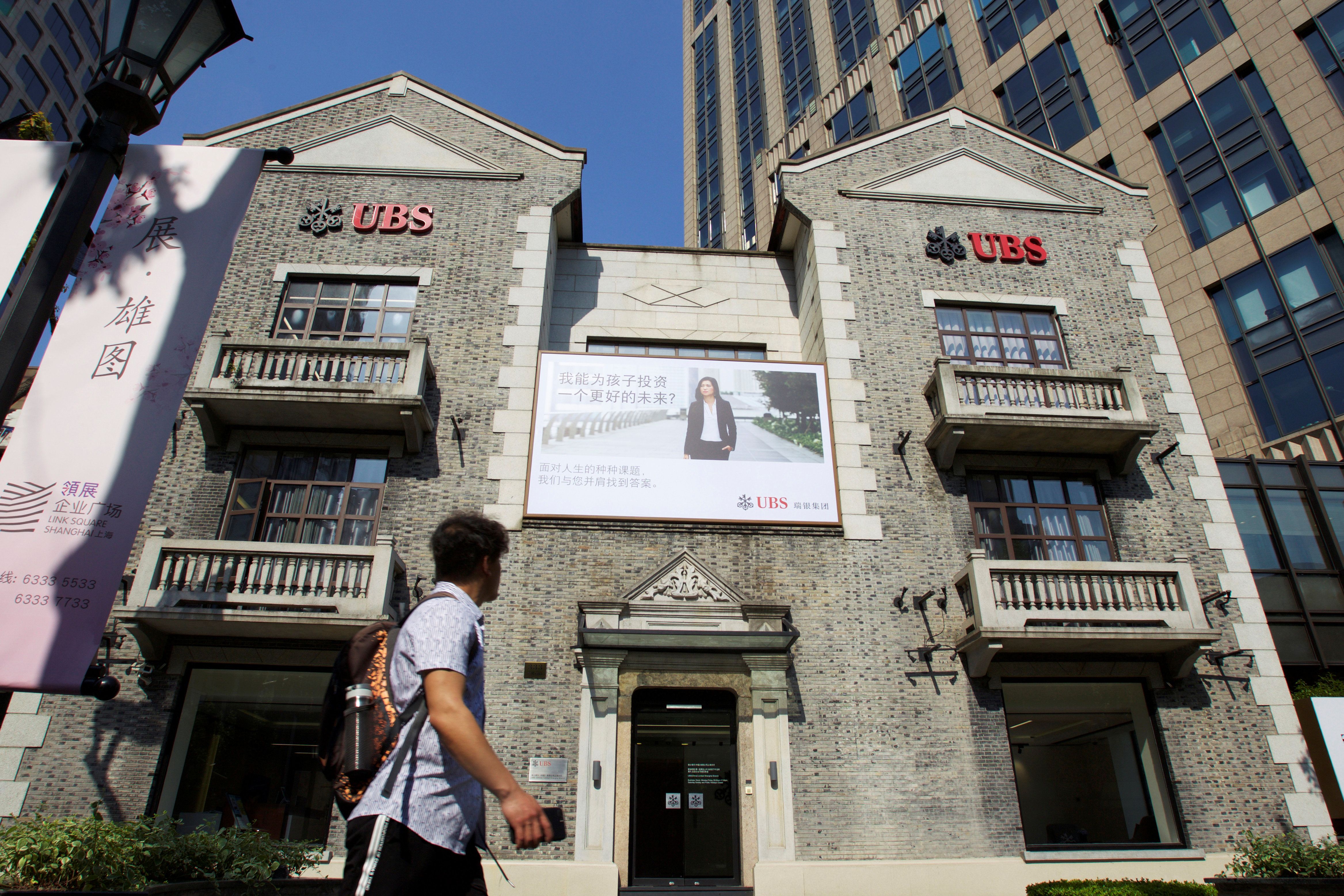China's outrage against Swiss bankers – Paul Donovan, an economist at UBS and a former colleague of your Wednesday Signal author, ended up in hot water last week after he wrote that an outbreak of swine fever that had pushed up pork prices in China, "matters if you are a Chinese pig. It matters if you like eating pork in China. It does not really matter to the rest of the world." The Swiss bank put Donovan on leave after a nationalist tabloid picked up the story, unleashing a torrent of invective from angry Chinese citizens, industry groups, and clients. Although we're a bit puzzled at the intensity of the outrage, we're following this story closely. The anger of 1.4 billion people is a powerful thing, and if the US-China standoff over tech and trade continues to escalate, US firms could soon find themselves on the receiving end.
What we are ignoring: Trump on ICE
Trump's Deportation Threats – As Donald Trump revved up his official reelection campaign in Florida on Tuesday, he took to Twitter to vow mass deportations of "millions of illegal aliens" starting next week. We are ignoring this for two reasons: First, it looks more like a campaign trail stunt than a well-thought-out plan — the scale of deportations Trump envisions would require massive logistical coordination, and it's not clear that Immigration and Customs Enforcement (ICE) can deliver it — even if the federal force got help from local police, who may be reluctant to participate in mass arrests in their communities. Second, while this type of rhetoric may play directly to Trump's base, images of crying children torn from their parents will galvanize the president's opponents — and, in particular, the suburban women crucial to his 2016 victory. We're not ignoring the pain and trauma that mass deportations would inflict on immigrant communities if Trump delivers on this threat. We're ignoring a boast that's likely to prove a political bust.
